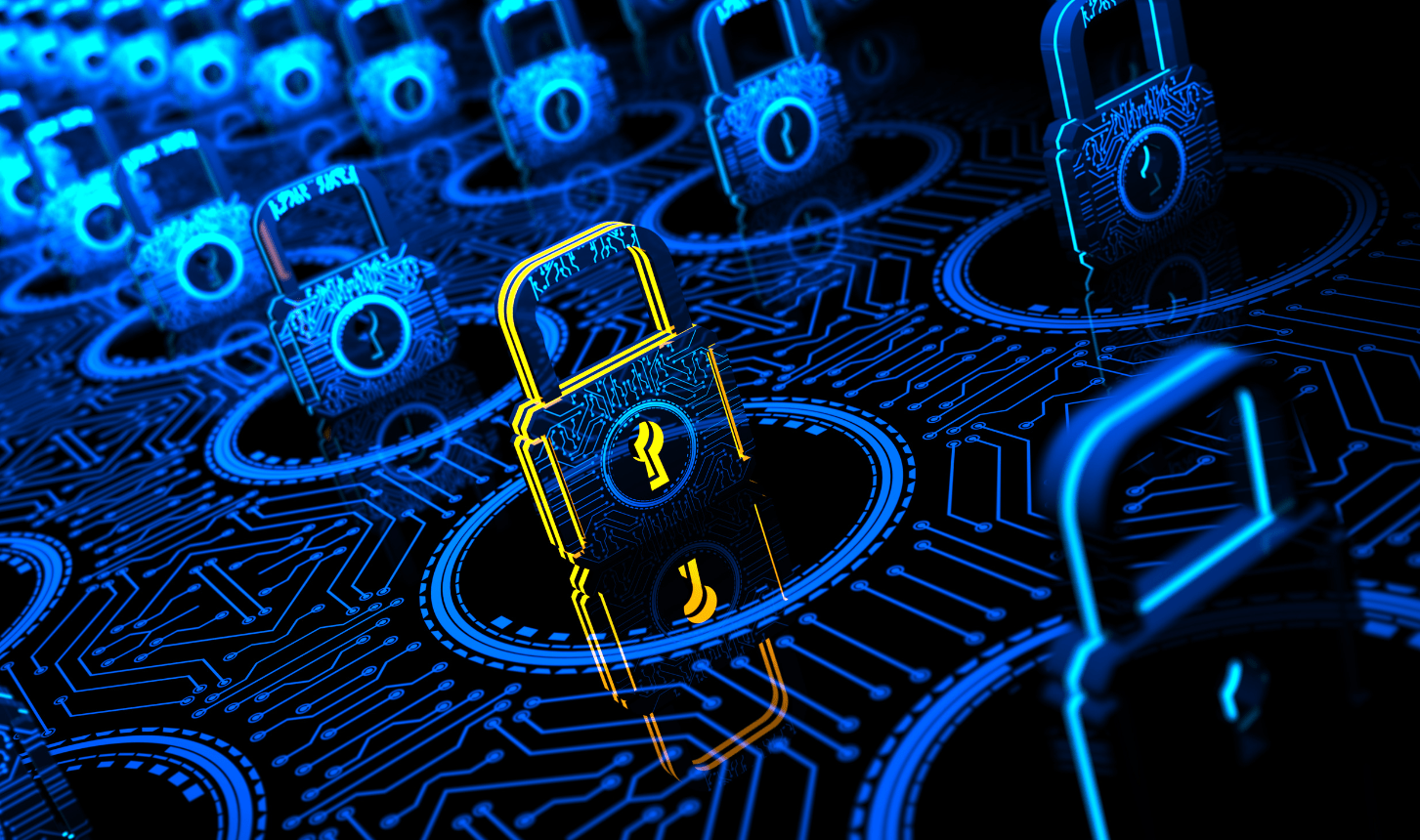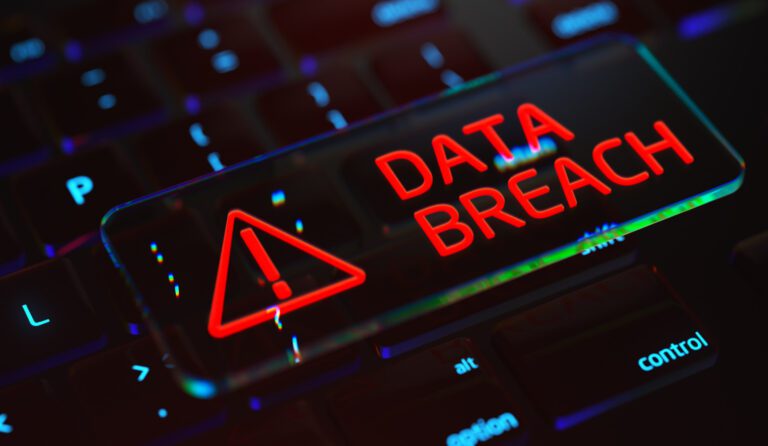The Crucial Role of Network Security Audits

In the modern digital arena, businesses face substantial cyber threat risks, regardless of their size or scope. Security breaches have far-reaching consequences, leading to immense financial losses and reputational damage. While investing in a robust security solution is a vital step, it is not the sole bulwark against cyber-attacks. The weakest link in the chain often turns out to be the human element within an organization, namely the employees. Gartner’s insightful report, “Three Critical Factors in Building a Comprehensive Security Awareness Program,” reveals a staggering fact: over 90% of breaches occur due to human error. This vulnerability extends to network security, making it imperative for businesses to conduct comprehensive network security audits and assessments.
Understanding Network Security Audits
A network security audit is a meticulous examination of an organization’s network security systems and practices. The primary objective is to identify potential vulnerabilities and rectify them proactively, thus fortifying the system against potential cyber threats. To conduct effective network security audits, it is crucial to comprehend the following fundamental principles of securing a network:
- Layers of Security—A robust network security strategy entails the implementation of multiple layers of protection, creating numerous obstacles for cyber-attacks. These layers act as deterrents, thwarting unauthorized access and ensuring the integrity of sensitive data.
- Next Generation Firewall (NGFW)—Next Generation Firewalls (NGFW) play a pivotal role by offering automated traffic filtering, monitoring, and other capabilities. These advanced tools bolster network security, providing real-time threat detection and mitigation.
- Documented Security Policies—Comprehensive documentation of cybersecurity policies, including incident response plans, asset maps, and designated response personnel, serves as a cornerstone. These documents serve as reference points during a cyber-attack, ensuring swift and effective responses.
- Employee Education—Employees, often the weakest link, can inadvertently trigger security breaches. Training programs that educate staff about recognizing malicious emails and implementing cybersecurity best practices are indispensable.
- Safe Password Practices and Multifactor Authentication—Implementing stringent password policies and multifactor authentication (MFA) add an extra layer of defense. MFA acts as a failsafe, preventing unauthorized access even if passwords are compromised.
- Data Backup and Network Segmentation—Regularly backing up data in secure cloud environments safeguards against data loss during ransomware attacks. Network segmentation, breaking the network into smaller groups, limits the potential damage by preventing lateral movement of cyber threats.
- Principle of Least Access—Adhering to the principle of least access ensures that employees have access only to the data and resources essential for their roles. This limits the scope of a breach, reducing potential damage.
- Regular Log Reviews—Frequent reviews of device and server logs are essential. These reviews unveil potential anomalies, enabling timely detection and mitigation of security breaches.
Why Cybersecurity Experts Are Essential
Implementing successful network security audits demands specialized knowledge about technology, cyber threats, and attacker strategies. For most businesses, building an internal network security team is not a feasible short-term solution. However, the looming threat of a network breach necessitates immediate action.
Partnering with a Managed IT Services Provider (MSP) equipped with a proficient network security team offers a viable solution. These experts possess the required knowledge and experience to conduct thorough network security audits. By relying on MSPs like Entre Technology Services, businesses can gain a fresh, external perspective on their IT systems.
As cyber threats continue to evolve, businesses must remain proactive in fortifying their defenses. By embracing the multifaceted approach outlined above and leveraging the expertise of cybersecurity professionals, organizations can safeguard their digital assets effectively. Contact us to learn more!






